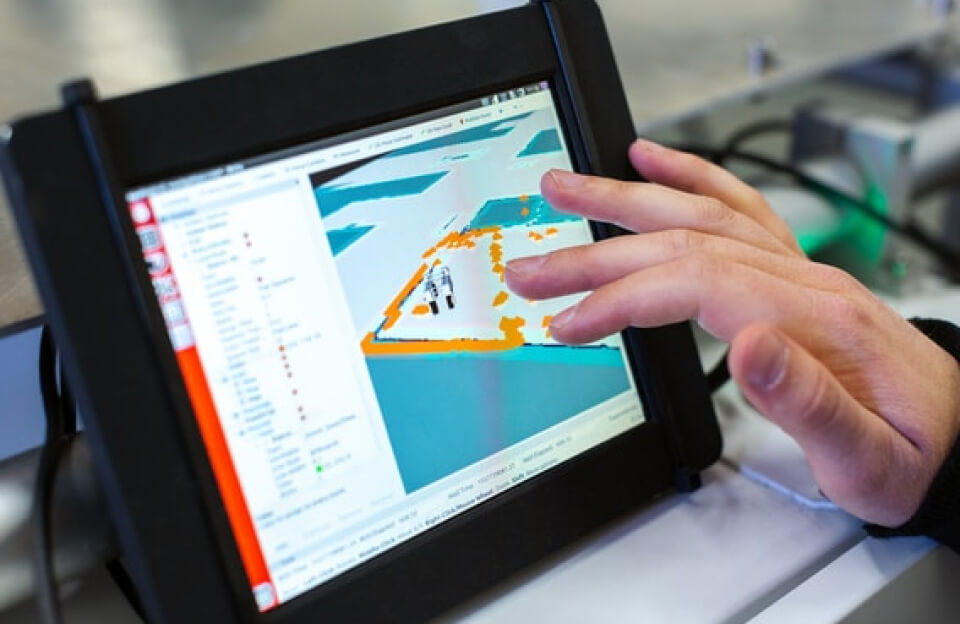Table of Contents
- Introduction to Science: The Backbone of Modern Understanding
- Branches of Science: A Multifaceted Approach
- The Scientific Method: A Systematic Approach to Discovery
- Major Scientific Discoveries: Milestones in Human Progress
- Current Trends in Science: The Frontier of Knowledge
- The Role of Technology in Advancing Scientific Research
- Science Communication: Bridging the Gap Between Experts and the Public
- The Ethical Dimensions of Scientific Research
- Conclusion: The Future of Science and Its Impact on Humanity
Introduction to Science: The Backbone of Modern Understanding
Science serves as a fundamental pillar of our science understanding of the natural world, shaping both our knowledge and technology. At its core, science is the systematic pursuit of knowledge, employing observation, experimentation, and analysis to arrive at conclusions about the universe. This disciplined approach has evolved significantly over the centuries, transitioning from early philosophical inquiries to structured methodologies that underpin modern scientific research. The significance of scientific inquiry cannot be overstated. It enables us to explore the complexities of life, the environment, and the universe, allowing us to identify patterns, make predictions, and develop solutions to pressing problems. From the ancient civilizations that sought to explain natural phenomena through mythology to the advancements of the Renaissance and the Enlightenment, each era contributed to the continuous evolution of scientific thought. Today, fields such as physics, biology, chemistry, and earth sciences rely on rigorous methods of investigation that fundamentally alter our comprehension of reality and enhance our science understanding. One of the cornerstones of science is the scientific method, a structured approach to inquiry that emphasizes experimentation and reproducibility. This process begins with a question, leading to the formulation of a hypothesis that can be tested. Through systematic observation and experimentation, scientists gather data, analyze results, and draw conclusions. The emphasis on reproducibility ensures that findings can be verified by others, thus fostering a collective trust in scientific knowledge. This method has not only facilitated groundbreaking discoveries but has also provided a framework for advancing technology, improving health, and addressing societal challenges. In essence, science is not just a collection of facts; it is a dynamic process that empowers humanity to explore, understand, and influence the world around us. Through the relentless pursuit of knowledge, science continues to be the backbone of modern science understanding, opening new avenues for inquiry and innovation, and deepening our science understanding.
Science understanding is essential for developing informed citizens who can engage with complex scientific issues.
This multifaceted approach leads to a richer science understanding across various disciplines.





